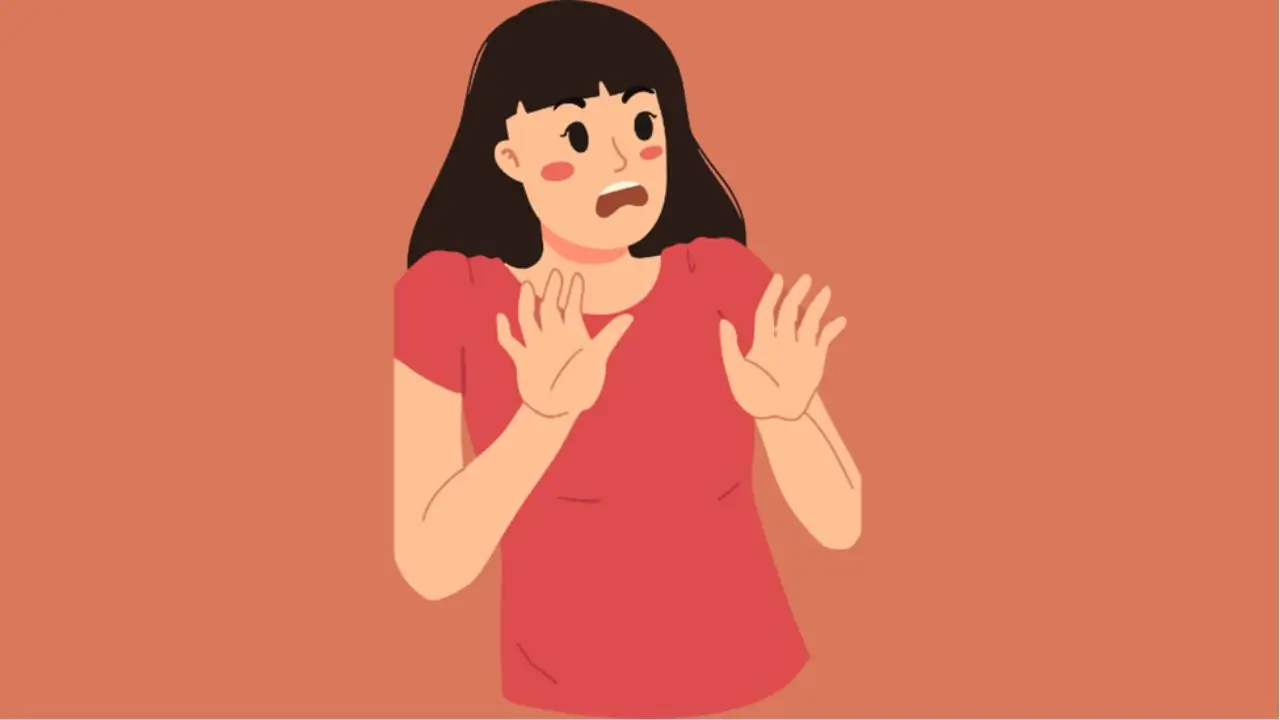A panic attack is a brief, intense period of fear that, in the absence of any apparent threat or reason, causes severe physical reactions. Fearful things can happen during panic attacks. You may believe that you are going to lose control, have a heart attack, or even pass away when panic attacks strike.
Many people only experience one or two panic attacks in their lifetime, and the issue usually disappears after a stressful event is over. However, you might have panic disorder if you’ve experienced frequent, unplanned panic attacks and have lived for extended periods of time in continual fear of having another attack.
Panic disorder is characterized primarily by panic attacks. However, they may occur in addition to additional circumstances, like:
- Substance use disorders.
- Trauma- and stressor-related disorders.
- Psychotic disorders.
- Mood disorders.
- Phobias
- Certain medical conditions.
- Anxiety disorders
Although panic attacks by themselves don’t pose a threat to your health, having them frequently can have negative effects on your quality of life in addition to other problems.
Symptoms of Panic Attacks
The Anxiety and Depression Association of America estimates that every year, about six million adults in the country suffer from the symptoms of panic disorder. Although symptoms of panic disorder can appear at any time, they typically start in late adolescence or early adulthood, and twice as many women as men experience them.
Many people who suffer from panic attacks report feeling as though they are about to die or are having a heart attack. They may also exhibit all or some of the following symptoms:
- Weakness
- Numbness of hands and feet
- Dizziness
- Sweating
- Feeling intense fear that occurs suddenly and without warning
- Rapid breathing
- Trembling
- Pounding heart
- Chest pain
Causes of panic attacks
Although the exact cause of panic attacks and panic disorder is unknown, the following factors might be involved:
- A personality type that is more easily affected by stress or by negative feelings
- changes in how certain brain regions function
- Genetics
- Major stress
Although panic attacks can initially strike suddenly and without warning, over time, specific events typically trigger them.
Panic attacks may be triggered by your body’s innate fight-or-flight reaction to danger, according to some research. Your body would respond naturally, for instance, if a grizzly bear chased you. As your body prepared for a potentially fatal situation, your breathing and heart rate would quicken. A panic attack elicits many of the same responses. However, the reason behind a panic attack in situations where there isn’t any obvious danger is unknown.
You are more likely to develop panic disorder if you:
- Mental health conditions: Panic attacks are more common in people with anxiety disorders, depression, and other mental health issues.
- Adverse childhood experiences (ACEs): Negative experiences that occur between the ages of one and seventeen are known as ACEs. Most of the time, these encounters are traumatic. Panic disorder and panic attacks may develop as a result of ACEs.
- A family history: panic disorder is one of the anxiety disorders that frequently runs in families. If you have biological siblings, parents, or other first-degree family members who also have panic disorder, your chances of getting the disorder are increased by 40%.
Panic Attack and its Types
Panic attacks can be classified as either unexpected or expected. Though some people experience both types, unexpected panic attacks are the most common symptom of panic disorder.
- Unexpected panic attacks occur quickly without prior knowledge of internal or external cues. They appear “out of nowhere” when you’re at ease.
- Expected panic attacks happen when someone is put in an environment that makes them afraid. For instance, experiencing a panic attack when an aircraft is taking off.
Quick Fact: The average duration of a panic attack is five to twenty minutes. However, some individuals have described attacks that lasted as long as an hour.
How are panic attacks triggered?
There’s often no clear cause for panic episodes. However, phobias can have associated triggers that cause panic attacks in people. For instance, if a person has claustrophobia—an extreme fear of enclosed spaces—they might have a panic attack if they need to stay in a lift for a long time. For certain individuals, the mere thought of experiencing a panic attack can frequently set them off.
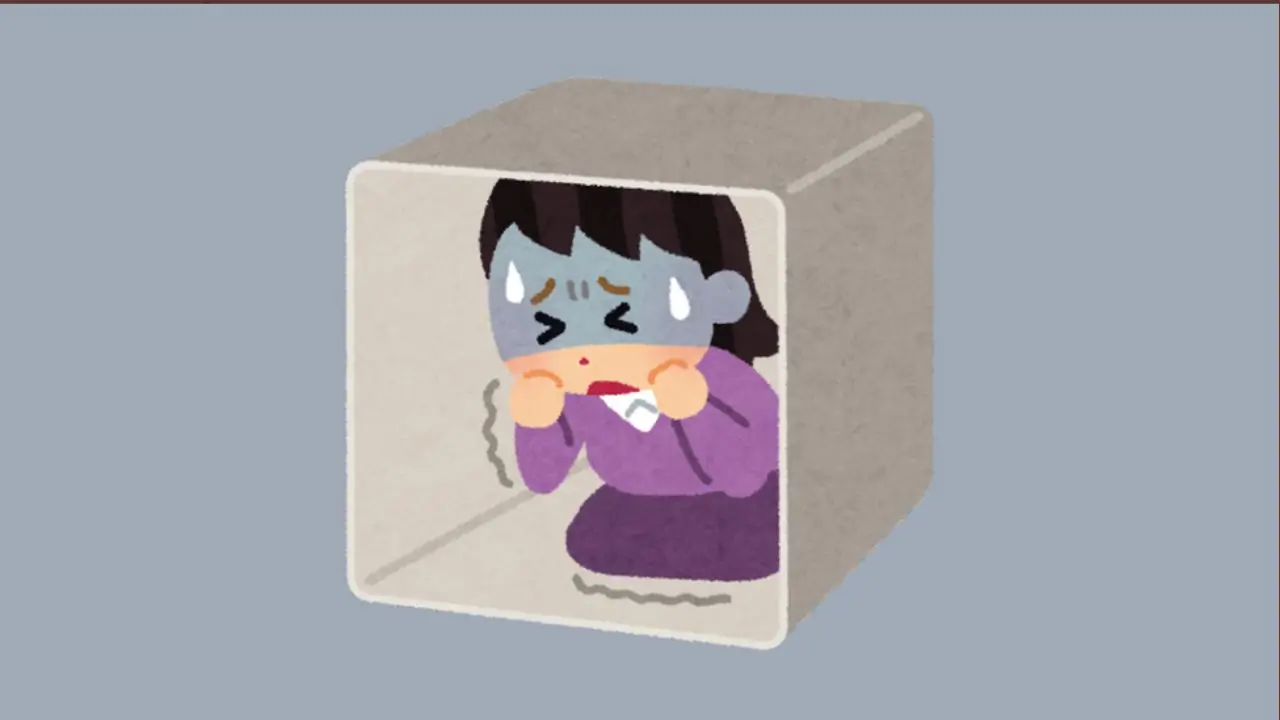
It’s important to remember that the absence of an observed trigger for panic attacks is one of the criteria for diagnosing panic disorder.
Diagnosis
Based on the Diagnostic and Statistical Manual of Mental Disorders (DSM-5) criteria, in addition to one month or more of: frequent, unplanned panic attacks, your healthcare provider can diagnose panic disorder if you experience any of the following symptoms:
- Constant fear of experiencing panic attacks again or the consequences that result from them.
- Changing your behavior in order to stay out of situations that you believe could lead to an attack.
Also, the attacks cannot be the result of a general medical condition or the direct effects of a substance. Likewise, no other mental health issue, such as PTSD or a phobia, can explain them better.
Complications
Panic disorder and attacks can negatively impact almost every aspect of your life if left untreated. It’s possible that your constant fear of experiencing more panic attacks is destroying the quality of your life in general.
The following complications are associated with or may result from panic attacks:
- greater risk of suicide or having suicidal thoughts
- anxiety, depression and other mental health disorders
- Substance misuse
- regular medical attention for illnesses and other medical conditions
- development of particular phobias, like a fear of driving or going outside the house
- financial issues
- avoiding social interactions
- issues at the workplace or in education
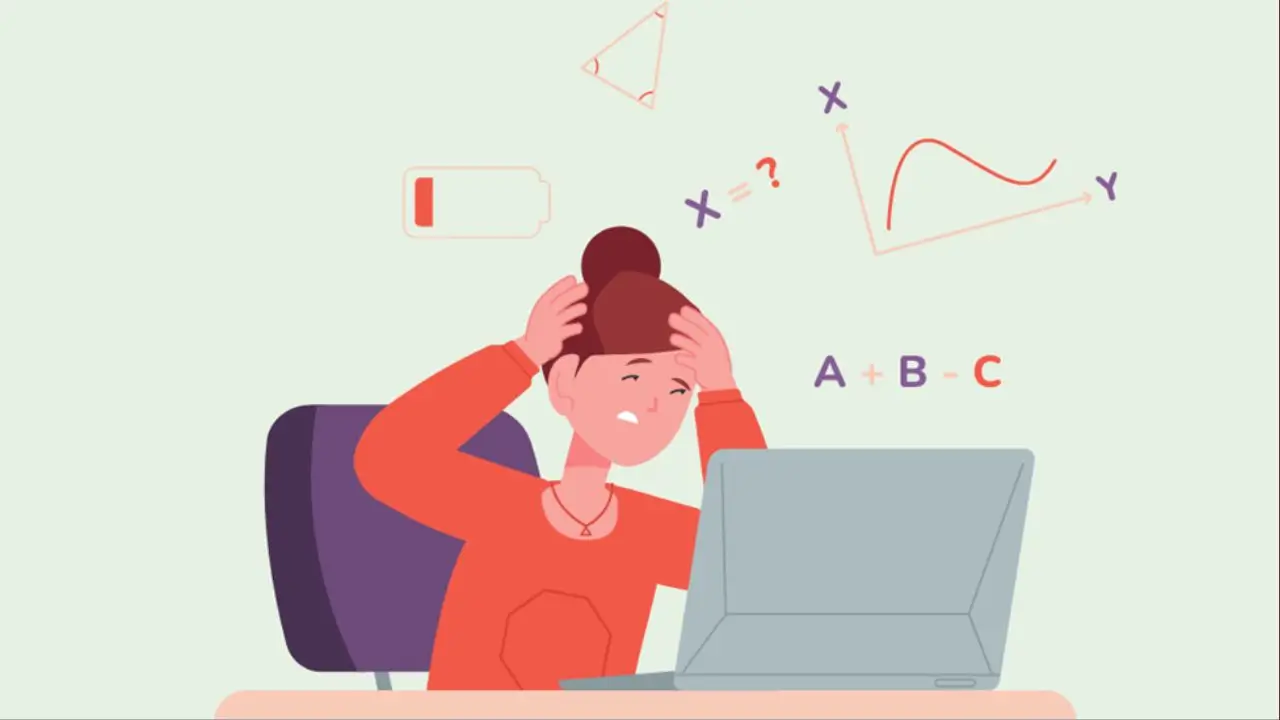
Treatment for Panic Attacks
Similar to other anxiety attacks, panic attacks is frequently managed with psychotherapy, medications (antidepressants or anxiety medications), or a combination of the two.
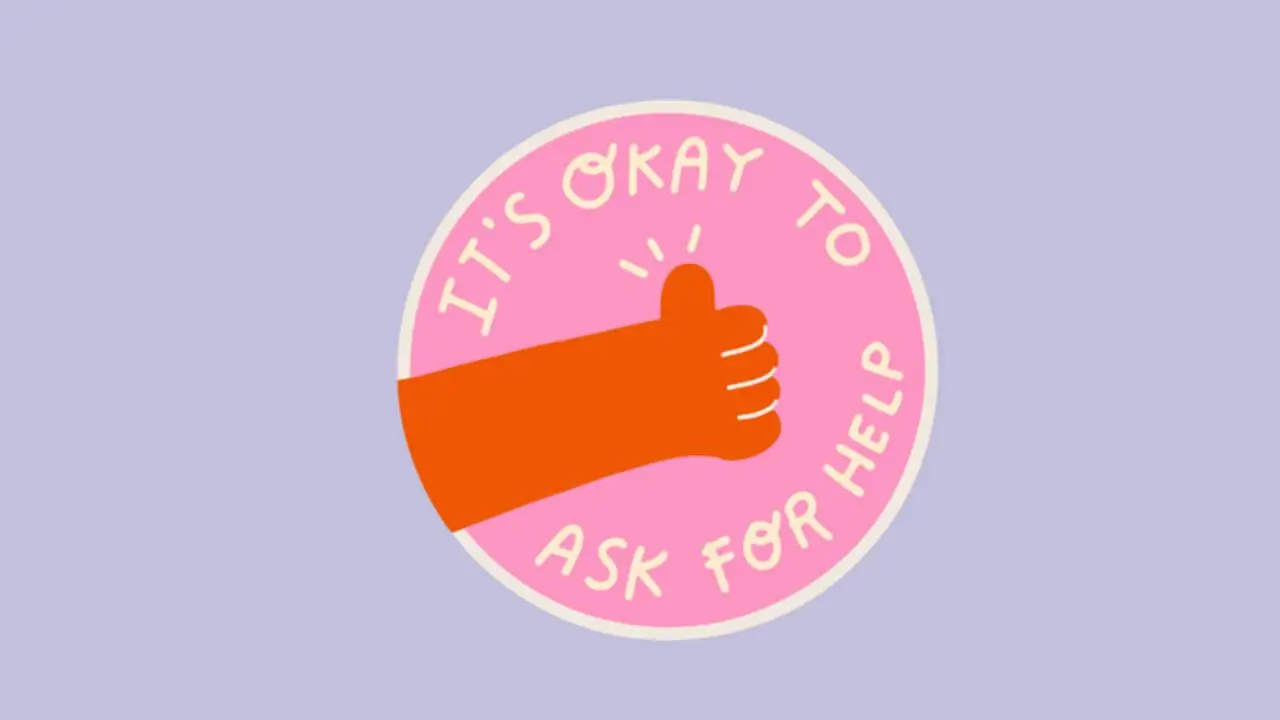
Psychotherapy
There are various approaches that can be used in psychotherapy for panic disorder, such as:
- Cognitive behavioral therapy (CBT) can assist those who suffer from panic disorder in learning new strategies for handling situations that cause them to feel anxious. Therapists assist clients in recognizing and challenging unfavorable or harmful thought patterns, as well as substituting more practical and constructive thought patterns, as part of the cognitive behavioral therapy (CBT) process.
- Exposure therapy requires imparting and practicing relaxation techniques while gradually exposing individuals with panic disorder to the events or conditions that make them fearful.
- Panic-focused psychodynamic psychotherapy attempts to identify underlying issues and experiences that might have contributed to the development of anxiety and panic in a person.
Medication for Panic Attacks
Antidepressants and anti-anxiety medications are the two types of medications used to treat panic disorder.
Selective serotonin reuptake inhibitors (SSRIs) are the most commonly prescribed class of antidepressants used for panic disorder.
How to cope with panic attacks?
Some lifestyle practices have been found to help people better manage the symptoms of panic disorder, along with medication and psychotherapy.
Move your Body
Frequent exercise has also been shown to decrease the rate of panic attacks, in addition to helping with the reduction of stress, anxiety, and tension throughout the body.
Have Enough Sleep
Panic disorder and sleep disturbances can coexist in a vicious cycle. Individuals who suffer from panic disorder frequently have difficulty falling asleep, and the resulting lack of sleep may worsen the symptoms of the disorder.
In addition to making every effort to maintain appropriate sleep hygiene, it’s necessary to inform your healthcare provider if you think you may be developing sleep problems or becoming more prone to panic attacks.
Avoiding Unhealthy Diet
There are some food items and substances that may make you feel more anxious or cause a panic attack. These include:
- Monosodium glutamate (MSG)
- Caffeine
- Alcohol
- Refined sugar
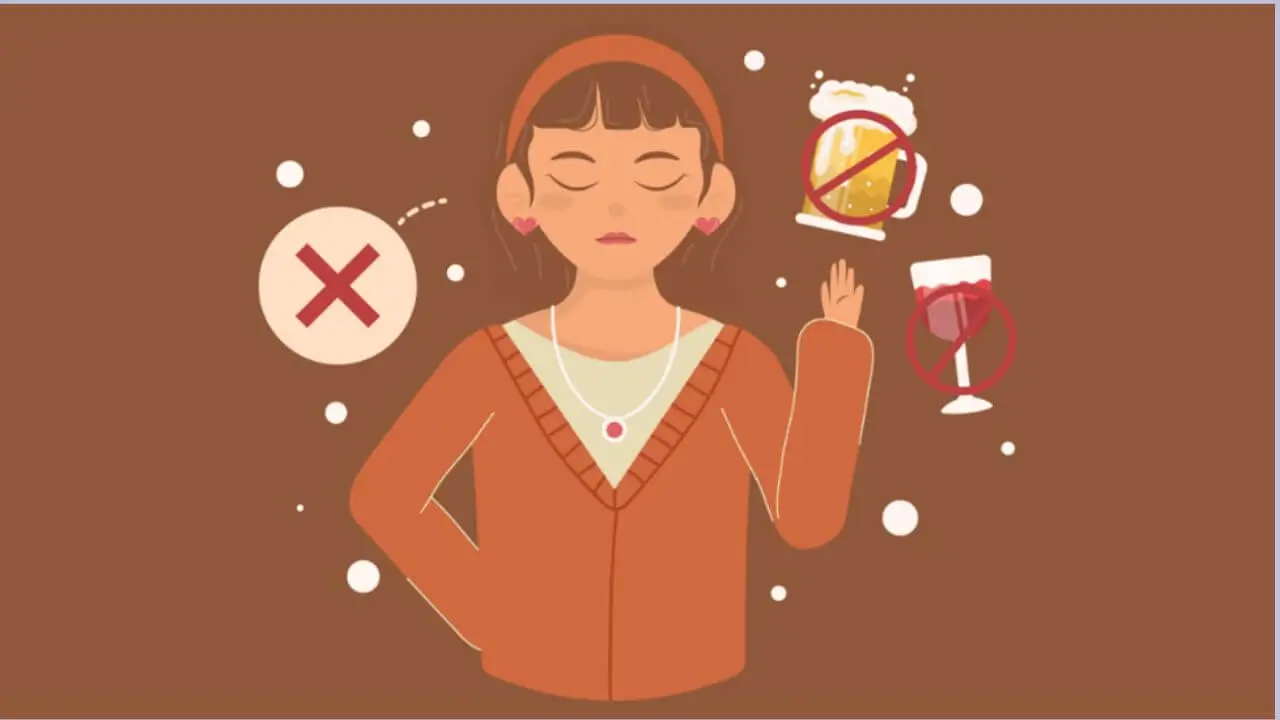
Journaling
A panic attack journal can be used to note not only your triggers but also your physical and emotional symptoms, along with any coping mechanisms that you find helpful in managing them.
Relaxation Techniques
The majority of the cognitive and physical symptoms of panic disorder can be minimized, stress and anxiety can be reduced, and you can calm down your thoughts with the help of relaxation techniques. Here are some relaxation methods you can try alone or with a mental health professional’s assistance:
- Mindfulness meditation
- Yoga
- Progressive muscle relaxation
- Visualization
- Deep breathing
Seek Help
Many people are discouraged from seeking help and treatment for panic disorder due to the stigma attached to it. However, you may manage the symptoms by receiving the right diagnosis, receiving the right treatment, and having a strong network of friends and family.
Try your best to be there for your loved one in case they suffer from a panic disorder and support them in getting treatment, whether it be self-help, medication, psychotherapy, or a combination of these.
A Spirico Summary
It is very uncomfortable to experience a panic attack. Despite not being physically dangerous, they can have a negative impact on your mental well-being and prevent you from engaging in activities you enjoy. Informing your healthcare provider about your experience with panic attacks shouldn’t be seen as shameful. You can learn to manage your fears and anxieties that lead to panic attacks. They can suggest therapies for the attacks, such as medication and psychotherapy.
Remember, you’re not alone. We at Spirico are always here for you!
